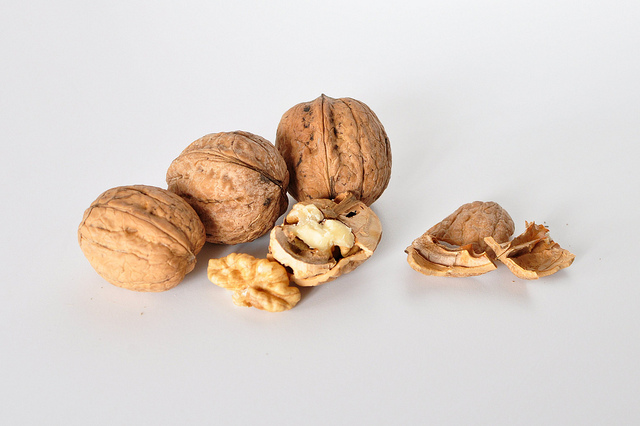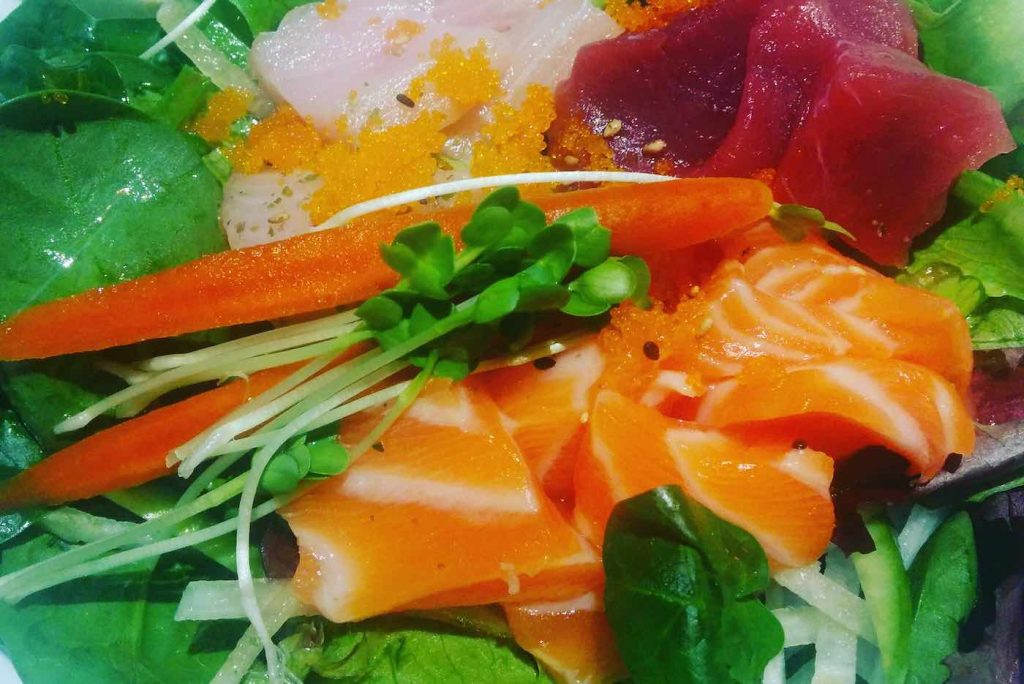
Breaking News
 The Vain Struggle to Curb Congressional Stock Trading
The Vain Struggle to Curb Congressional Stock Trading
The Tesla Model S Is Dead. Here's Why It Mattered
 America's First Car With Solid-State Batteries Could Come From This Little-Known EV Maker
America's First Car With Solid-State Batteries Could Come From This Little-Known EV Maker
 POWERFUL EXCLUSIVE: Learn Why Silver, Gold, & Bitcoin Plunged After JD Vance Announced...
POWERFUL EXCLUSIVE: Learn Why Silver, Gold, & Bitcoin Plunged After JD Vance Announced...
Top Tech News
 How underwater 3D printing could soon transform maritime construction
How underwater 3D printing could soon transform maritime construction
 Smart soldering iron packs a camera to show you what you're doing
Smart soldering iron packs a camera to show you what you're doing
 Look, no hands: Flying umbrella follows user through the rain
Look, no hands: Flying umbrella follows user through the rain
 Critical Linux Warning: 800,000 Devices Are EXPOSED
Critical Linux Warning: 800,000 Devices Are EXPOSED
 'Brave New World': IVF Company's Eugenics Tool Lets Couples Pick 'Best' Baby, Di
'Brave New World': IVF Company's Eugenics Tool Lets Couples Pick 'Best' Baby, Di
 The smartphone just fired a warning shot at the camera industry.
The smartphone just fired a warning shot at the camera industry.
 A revolutionary breakthrough in dental science is changing how we fight tooth decay
A revolutionary breakthrough in dental science is changing how we fight tooth decay
 Docan Energy "Panda": 32kWh for $2,530!
Docan Energy "Panda": 32kWh for $2,530!
 Rugged phone with multi-day battery life doubles as a 1080p projector
Rugged phone with multi-day battery life doubles as a 1080p projector
 4 Sisters Invent Electric Tractor with Mom and Dad and it's Selling in 5 Countries
4 Sisters Invent Electric Tractor with Mom and Dad and it's Selling in 5 Countries
10 Amazing Things You Can Learn From Your Poop

With the rise of chronic disease worldwide, the diagnosis of his Father's pancreatic cancer, and the reactive state of Western healthcare systems, it was clear to Naveen Jain that the epidemic of chronic illness was a problem worth tackling. He assembled a team of scientists to launch Viome, a company that can analyze your gut to understand what is causing inflammation, the root cause of many chronic diseases.
Viome calls itself the only company with the technology to help you identify—with a home test kit—what is actually happening in your gut. That's where your micro-biome is mostly located, and trillions of microbes act together as part-power-converter; part-engine, and part-pharmacy. (And, recently, they have cut their price more than half, to $149.)
If you want to optimize your health, avoid or heal chronic diseases, or know which foods are right for you, understanding your microbiome is the first step.
At-home test kits from Viome, provide a way to start your own data-gathering process. The company uses a high-resolution technology called meta-transcriptome sequencing to identify all the microorganisms living in your gut, from bacteria and viruses to fungi, yeast, parasites and bacteriophages. With this data, Viome recommends for you personalized foods and supplements to optimize your microbial function.
They don't sell any supplements—or diagnose IBS or IBD—but medical science knows that various dietary interventions for IBD are determined by one's GI tract microbiome profile. Modifying this profile can improve the effectiveness of diet therapies.
Here are 10 surprising discoveries Viome uncovered, copied directly from Naveen's literature:
1. "Healthy" Food Isn't Always Healthy
You might have been advised to eat your greens, and that greens and nuts are anti-inflammatory. The data show this isn't always true.
Spinach, bran, rhubarb, beets, nuts and nut butters all contain Oxalate. We now know that Oxalate-containing food can be harmful, unless you have the microbes present that can metabolize it into a non-harmful substance.
30% of Viome customers lack the microbes to metabolize oxalates properly. In other words, "healthy foods" like spinach are actually not healthy for these people.
2. "Antioxidants" Aren't Always Good for Everyone

Photo by fred v, CC license
Like Oxalates, Polyphenols in foods are usually considered very healthy, but unless you have the appropriate microbes that use specific polyphenols, you may not get the full benefit.
One example is a substance found in these foods called ellagic acid. Viome can detect whether your microbiome is metabolizing ellagic acid and converting it into urolithin A. Only the urolithin A has anti-inflammatory and antioxidant effects. Without the microbes to do this conversion, you will not benefit from the ellagic acid in foods.
Nuts, walnuts, raspberries, pomegranate, blackberries, pecans and cranberries all contain Ellagic acid. After analyzing tens of thousands of people, Viome reports that only about 50% of them benefit from eating more foods containing ellagic acid.
3. Are You Eating Too Much Protein?
When you think 'high-protein diet', you might think about Paleo, Keto and high-performance diets.
Protein helps build muscle and provide energy, but if you eat too much, it can cause inflammation and decrease longevity.
Viome analyzes the activity of your microbiome to determine whether you are eating too much protein that feeds protein-fermenting bacteria like Alistipes putredinis and Tanneralla forsythia, and if these organisms are producing harmful substances such as ammonia, hydrogen sulfide, p-cresol, or putrescine. These substances can damage your gut lining and lead to conditions like leaky gut.
4. Can "Healthy Foods" Exacerbate Heart Disease?

Nick Bastian, CC license
Choline in certain foods can get converted by bacteria into trimethylamine (TMA), which is associated with heart disease when it gets absorbed into your body and converted to TMAO.
TMA conversion doesn't happen in individuals unless they have the appropriate bacteria in their microbiome. Viome can see the TMA production pathways, and many of the gamma-proteo bacteria that do this conversion.
What foods contain choline? Liver, salmon, chickpeas, split peas, eggs, navy beans, peanuts are a small sample. Before you decide to go full-on pescatarian or paleo, you may want to check if your microbiome is producing TMA with that salmon or steak.



